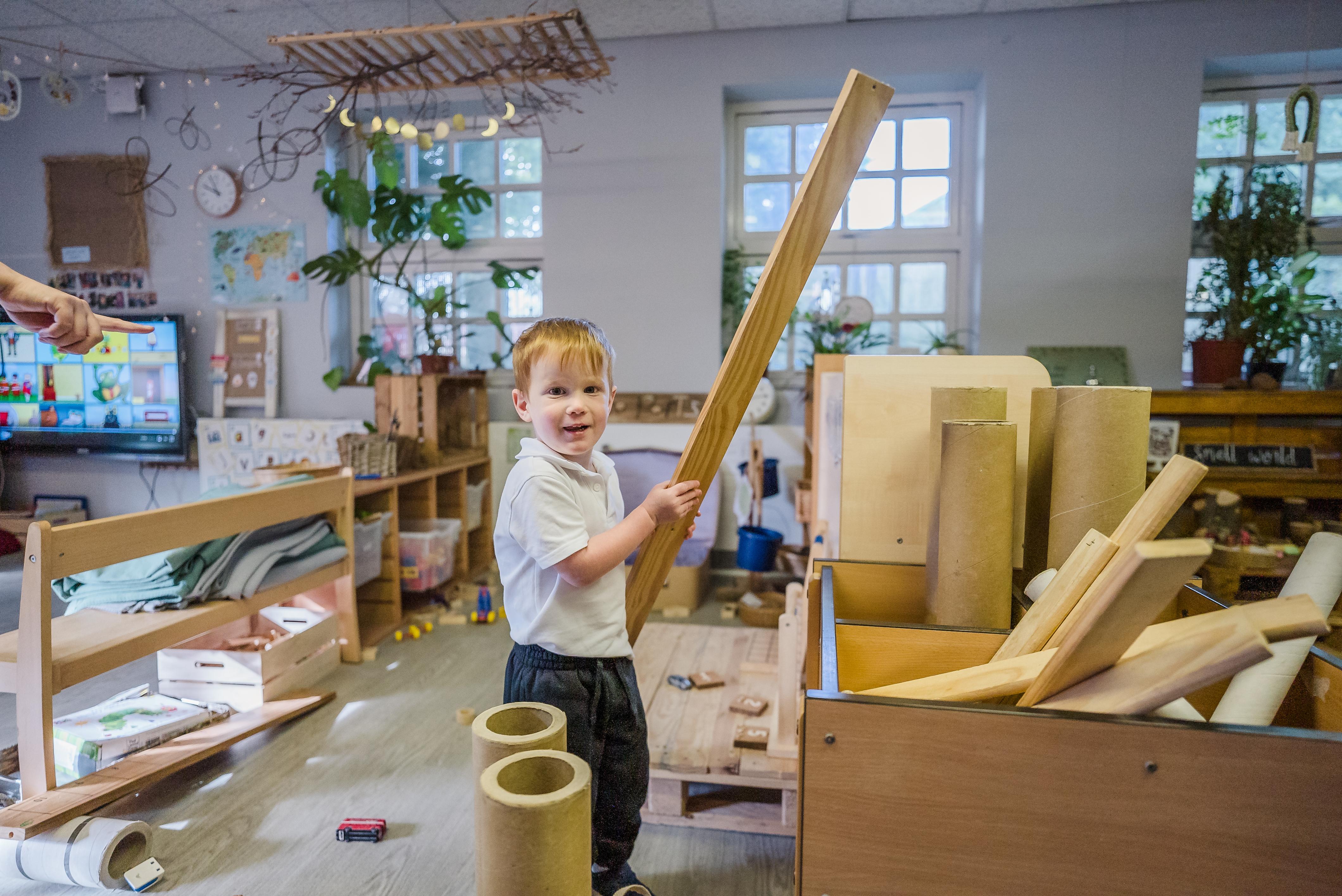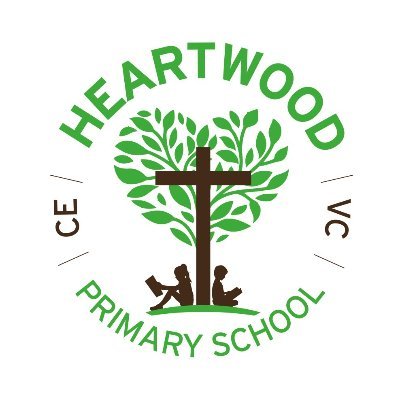Early Years Foundation Stage

"Children learn as they play. Most importantly, in play, children learn how to learn." Fred Donaldson
The aims and objectives of the Early Years Foundation Stage are in line with Development Matters and the EYFS Statutory Framework.
Intent
Our curriculum is designed to build upon prior learning, ensuring each individual reaches their full potential from their various starting points. We enable children to succeed through cooperative and collaborative learning principles. There is a strong emphasis on the Prime areas of learning: Personal, Social and Emotional Development, Communication and Language, and Physical Development, and also the Specific areas of learning: Literacy, Maths, Understanding the World and Expressive Arts and Design.
At Heartwood, we recognise that oracy is a life skill to ensure success beyond school, in life and future employment, not only improving academic outcomes. Oracy develops a child’s thinking and understanding, in turn promoting self-confidence, resilience and empathy, which support children’s wellbeing.
Our enabling environments and nurturing, skilful adult interactions support the children as they begin to link learning to their play and exploration. We believe that high-level engagement ensures high-level attainment. We therefore provide an engaging curriculum which maximises opportunities for children to explore meaningful experiences. We promote the unique child by following the children’s personal interests and ideas to foster a lifelong love of learning.
Implementation
Reading is at the heart of Heartwood. Daily sharing of stories and texts fosters a love of reading for our children, together with developing children’s vocabulary and comprehension skills.
Adults support children in their play to learn new skills and knowledge, provide challenge and develop sustained thinking. Adults support children in their oracy skills; modelling tier 2 and 3 vocabulary, modelling speaking in longer sentences and linking sentences together, asking and answering questions. Adults encourage children to use talk to help work out problems, to organise their thinking and take part in activities.
Children engage in long periods of uninterrupted play, allowing them to embed the three Characteristics of Effective Learning:
- Playing and Exploring
- Active Learning
- Creating and Thinking Critically
By encouraging and celebrating these learning behaviours, the children acquire social, emotional and academic skills to support them as they get older and move on to learning through the National Curriculum (Year one onwards).
Our learning environments are neutral, engaging, provide curiosity and promote the Characteristics of Effective Learning. We plan the environment to cater for the needs of all children, allowing them to become independent learners. We ensure children have access to outdoor learning through continuous provision and foster a strong connection with nature. Our ‘hygge’ approach teaches children about gratitude, appreciation and finding joy in the simple things in our everyday life experiences.
The children learn in an environment set up to provide hands-on, play-based learning through 'continuous provision', with constant access to outdoor learning. We encourage children to embrace the outdoors, whatever the weather, and all EYFS children have a weekly Forest School session.
All children in EYFS are taught the beginning stages of early reading and phonics through Read Write Inc. For maths, children are taught through 'Mastering the Curriculum' in Nursery and 'Mastering Number' in Reception. Scribble Club is used a vehicle to support children in their mark making in Nursery, moving onto Drawing Club during the summer term of Nursery and through Reception.
For adult-directed learning, children are taught either 1:1 or in a small group in nursery. In Reception, depending on the level of support needed, children are taught 1:1, small group, half class and then the whole class.
Impact
The impact of high quality interactions with adults, an engaging environment, high quality play, active learning and adult directed teaching are children who make excellent progress and who are ready for the next phase in their education.
Enrichment in 23/24 and 24/25
Visits from people who help us: Firefighters, Police, Paramedics
Pensthorpe
St Peter and St Paul's Church
Corn Exchange Theatre
Author visits from Richard O'Neill and Nigel Lungenmuss-Ward
Romlit project
Reception Baseline Assessment - Information for Parents/Carers
